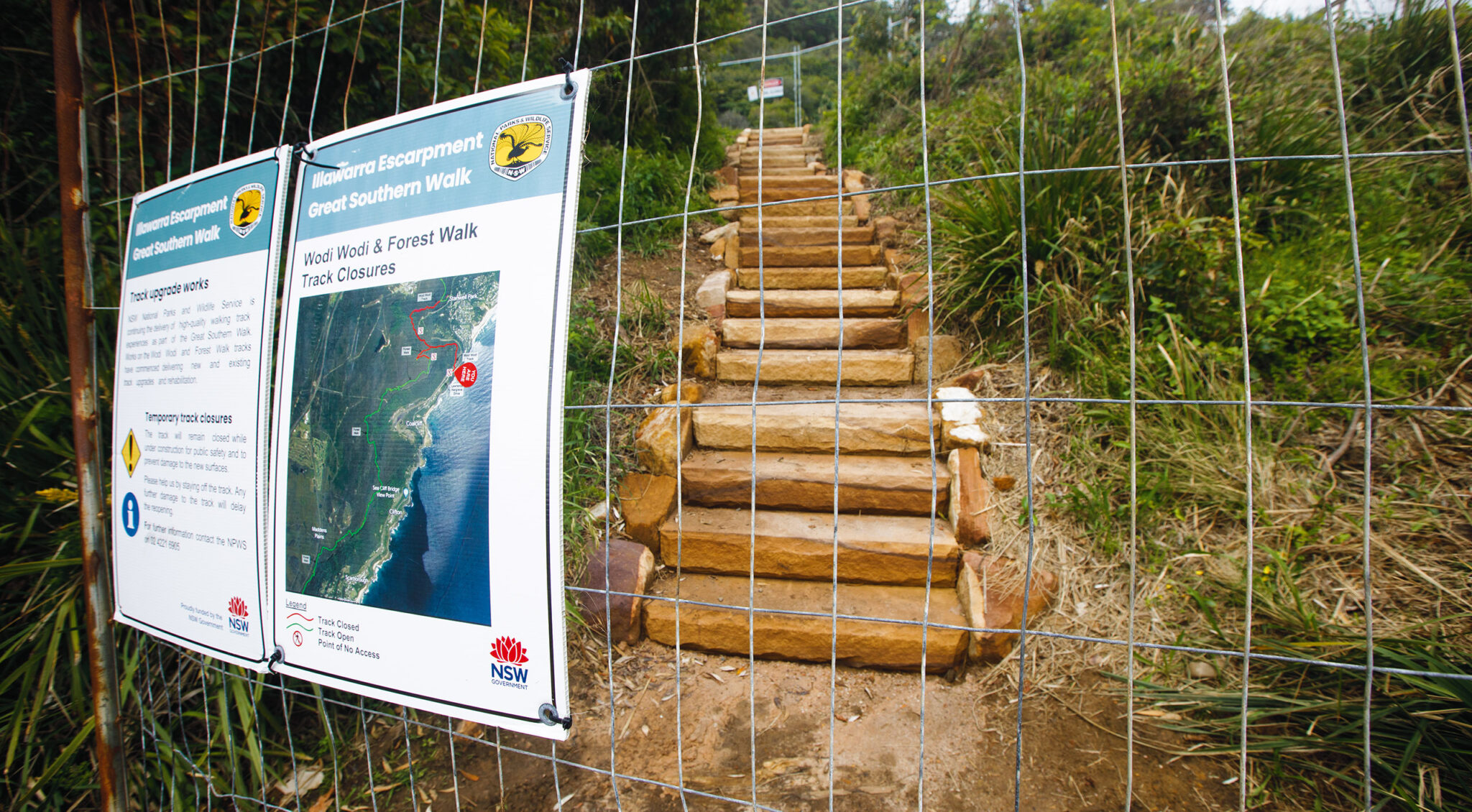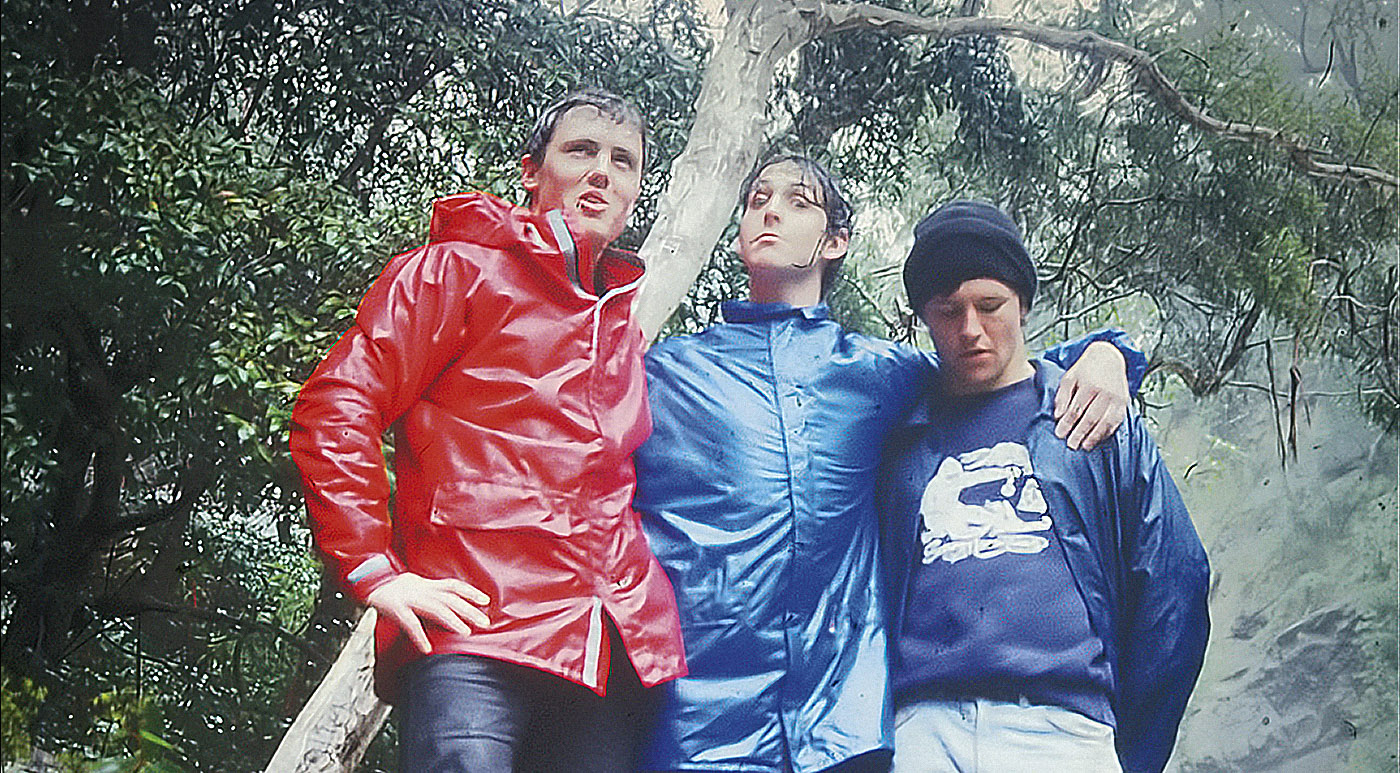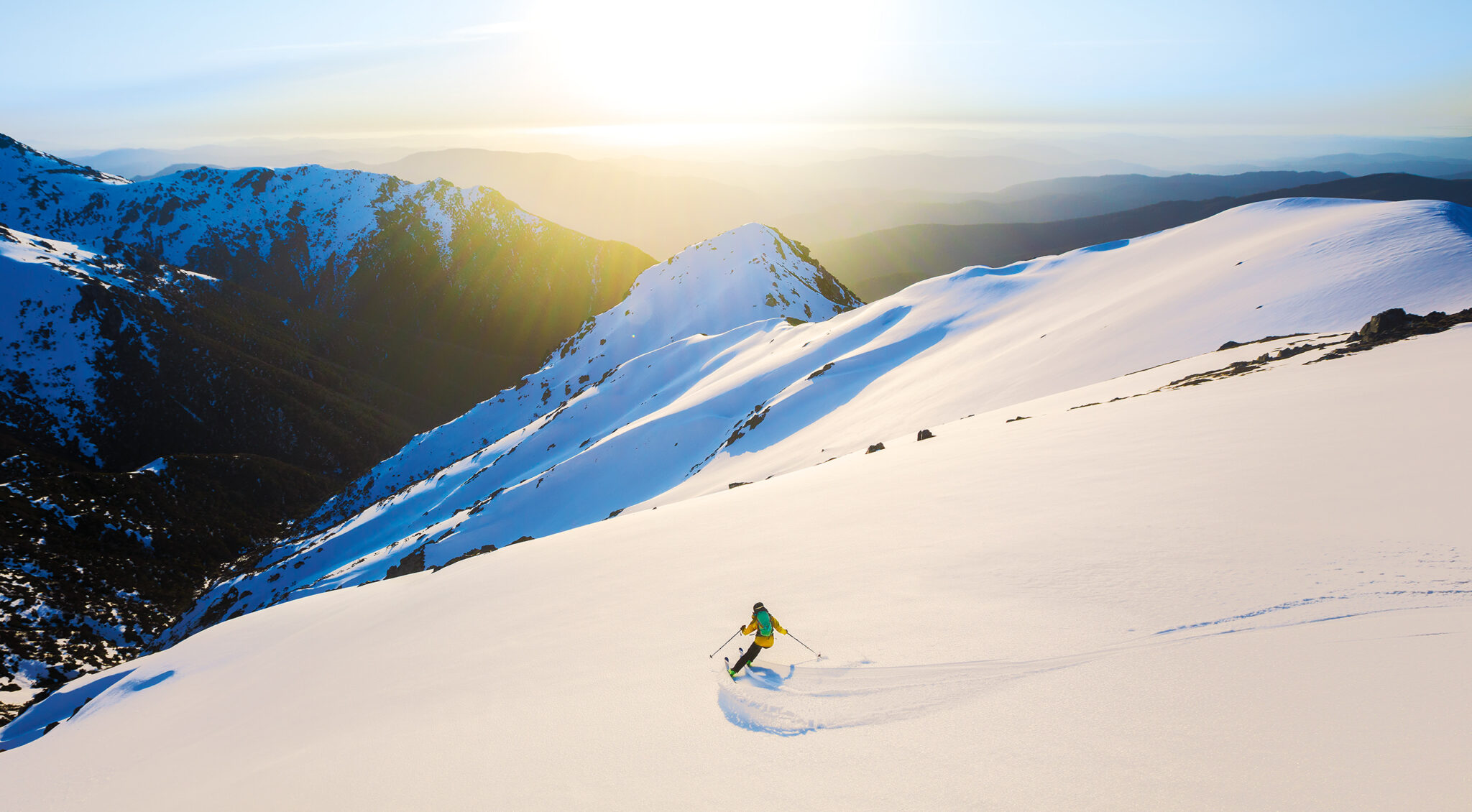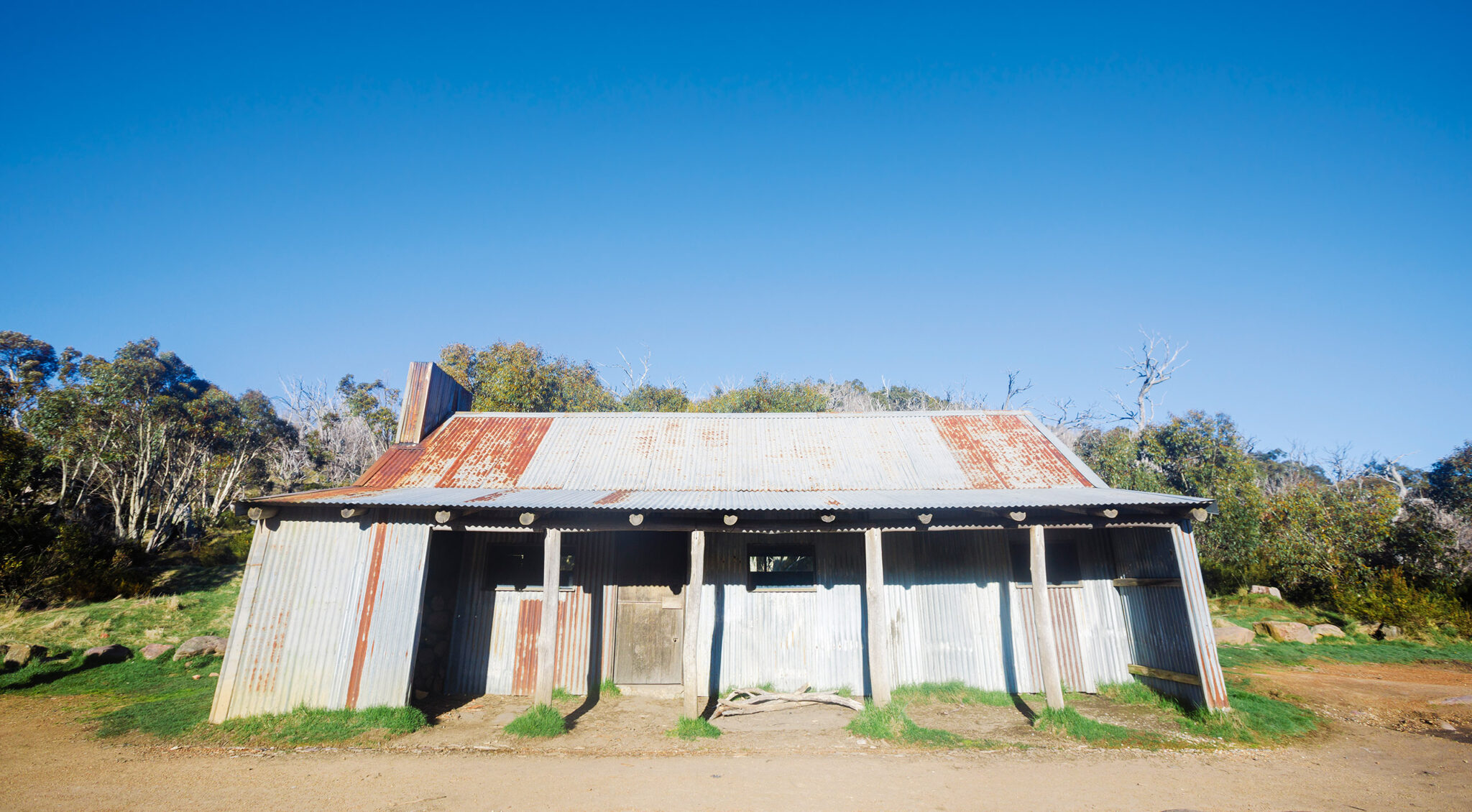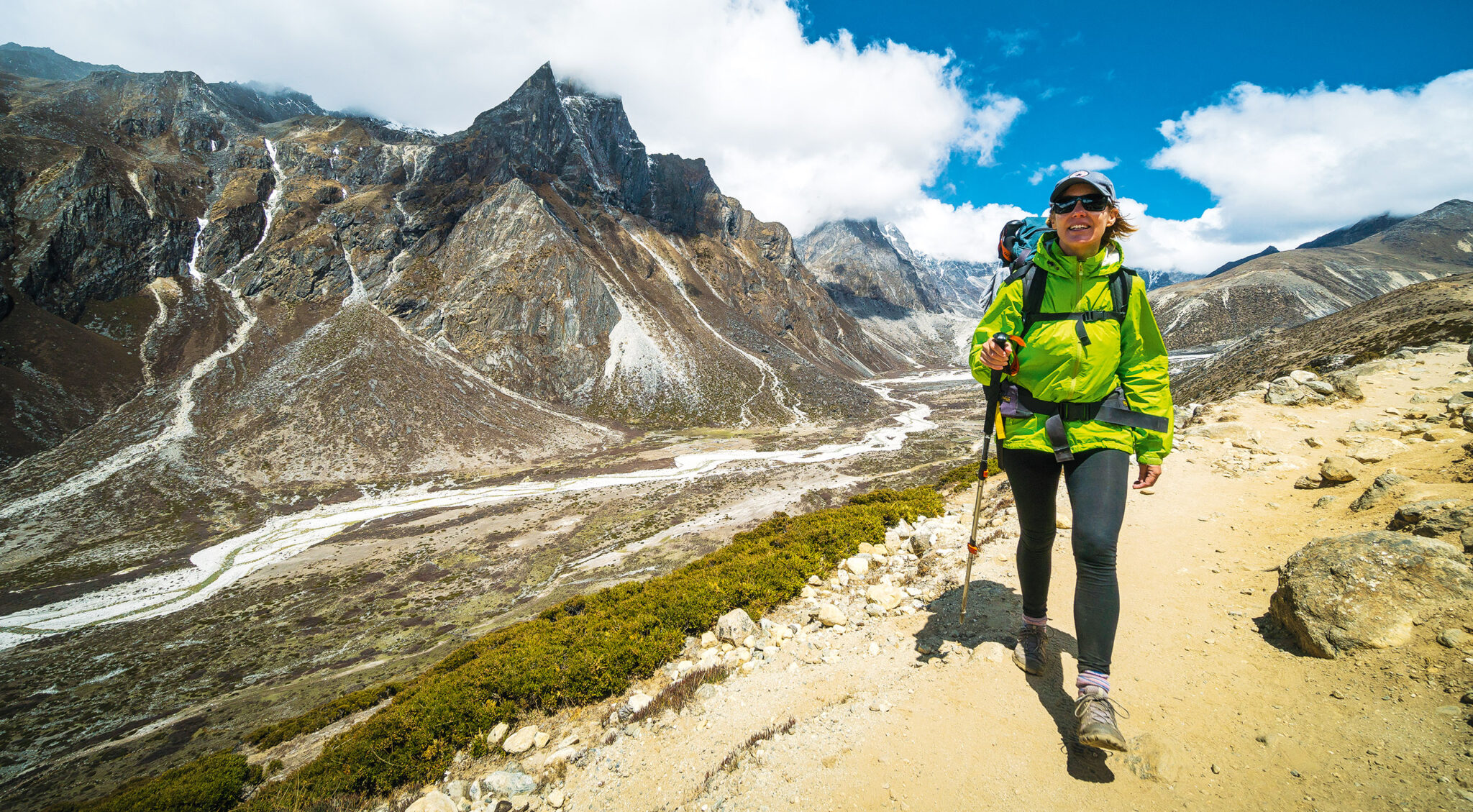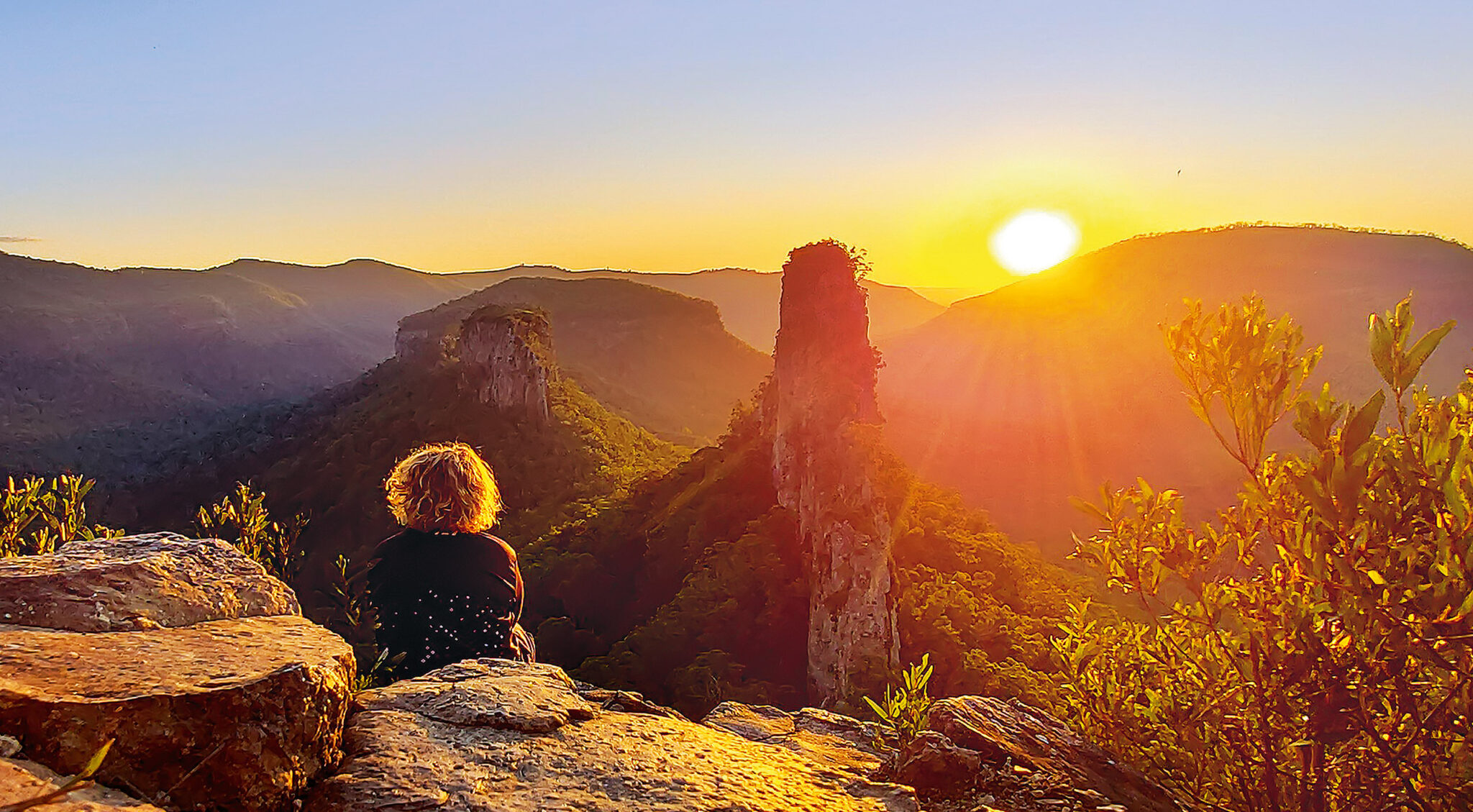From the Editor: In Praise of Outlaws
Image: Bob Brown Foundation
(This story originally featured in Wild #185, Spring 2022)
A little while ago, Gup, my father-in-law, was visiting us. I can’t remember how the conversation came about, but he remarked to my 8yo son something along the lines of that it was never OK to break the law. I disagreed, and—with what’s happening in the Tarkine at the forefront of my mind—told my son that were the circumstances warranted, not only is it OK to break the law, there are in fact times we should break the law. There ensued some to-ing and fro-ing on the subject. It got to the point where it became sensible to drop the topic, and I let Gup have the last word: “The rules are the rules,” he said, “and they’re there for a reason.”
Many rules and laws are there for a reason. And it’s worthwhile obeying them. I have, for example, been in certain poorer countries where driving on the correct side of the road seemed not to be a rule but a matter of preference, one that could, if desired, be ignored. It made for some terrifying road trips. So yes, some laws, in fact most laws, are necessary for a well-functioning society.
“So many of the wild places we now treasure are wild only because some people were willing to step up and break the law.”
But not all. Not long after my conversation with Gup, I was talking with Tasmanian photographer Matthew Newton. Matt—who has been documenting direct action in Tasmania for two decades now; see his powerful photo essay in this issue—and I were talking about law-breaking. He raised the point that so many of the wild places we now treasure are wild only because some people were willing to step up and break the law.
To name just a few places saved by ‘obstructive’ direct action: the Franklin, Northern NSW’s Gondwanan rainforests (Terania Creek, Chaelundi, and Nightcap), WA’s Southwest forests, Jabiluka, James Price Point, NSW’s Southeast forests, Gippsland’s forests … the list goes on. There have been dozens, if not hundreds, more. And not all actions have been successful, with many, including some of those just listed, only partially successful.
Obstructive direct action isn’t easy. Nor is it for everyone. I often tell people that I can’t afford to get arrested on a forest blockade because my wife has said she’d divorce me if I got a criminal record. She’s not joking. But also, perhaps, that’s something convenient for me to hide behind. Perhaps, even if that wasn’t the case, I’d never want to get arrested simply because I’m chicken. I’m not down on myself for this, nor down on anyone else who’s afraid of getting arrested; the reason I’m mentioning this is instead to highlight the resolute courage of those who are prepared to break the law to save the planet.
Because here’s the thing: You don’t casually blockade a forest. You don’t stand in front of a bulldozer, or get suspended ten metres in the air up a tripod, or tree-sit for months on end, or spend one or three or even more years in a tent, or get arrested and have to front up to court and face potential fines or even jail time, without displaying incredible bravery, incredible resolve, or incredible selflessness.
And it takes vision. When I spoke with Jess Beckerling of the Western Australia Forest Alliance, someone who herself spent years blockading in brave defence of WA’s forests, she talked about how often it’s clear now that historical laws needed to be changed. “Laws were broken,” she reminded me, “fighting for the right for women to vote, for an eight-hour work day.” In fact, she added, “The only time there was controversy was at the time.”
You can, of course, go back further, in Australia at least, starting with centuries of resistance by our First Nations people fighting against occupation and colonialism. And more recently, to name a few, climate change, unjust wars, the plight of refugees, animal welfare are all causes that have invoked direct action.
There has long been a tradition in this country of respecting the right to engage in peaceful resistance to protect the environment. Well, OK, ‘respect’ isn’t quite the right word, because arrests have taken place, and penalties levied, in their thousands over the decades since 1979 when activists at Terania Creek mounted the first instance of direct action in Australia. But recent years have seen a draconian escalation in these penalties.
“Has anyone in the history of this country received jail time for illegally logging irreplaceable forest? Not that I know of. You only go to jail for protecting forests, not for destroying them.”
In Tasmania, as I write this, parliament is looking at passing a bill that would increase the trespass penalties for protestors to be the equivalent of aggravated trespass, which, as Jenny Weber of the Bob Brown Foundation explained to me, includes people using a weapon. “It’s obscene,” she said. “We’re always so non-violent, and engaged [only] in peaceful protest.” Maximum fines for individuals would, the ABC has reported, swell to $21,625 or up to two-and-a-half years in jail. For organisations like the Bob Brown Foundation, the figure is $103,800. What’s worse, writes Keiran Pender of the Human Rights Law Centre, the law being considered is vaguely written, and will give police arbitrary powers.
Other states have followed Tasmania’s lead, although in Victoria, the Andrews Government—despite acknowledging the damage inflicted by native forest logging—has introduced laws that specifically target forest protest, even to the extent, Jenny Weber told me, of potentially criminalising citizen-science projects such as surveying greater glider habitats. In NSW, however, anti-protest laws are broad, and penalties have recently risen to $22,000 plus jail time.
And while activists have been imprisoned, on the flip side, has anyone in the history of this country received jail time for illegally logging irreplaceable forest? Not that I know of. You only go to jail for protecting forests, not for destroying them.
But the fight goes on regardless. Obstructive direct action is still taking place around the country. Laws are still being broken. And when I asked Jess Beckerling why, she put it succinctly: “Because sometimes the law is wrong.”
If you liked this piece, you should subscribe to the print mag. Only a fraction of the great stories we run in the mag make it to our website; if you want to read them, head to subscribe.wild.com.au.


